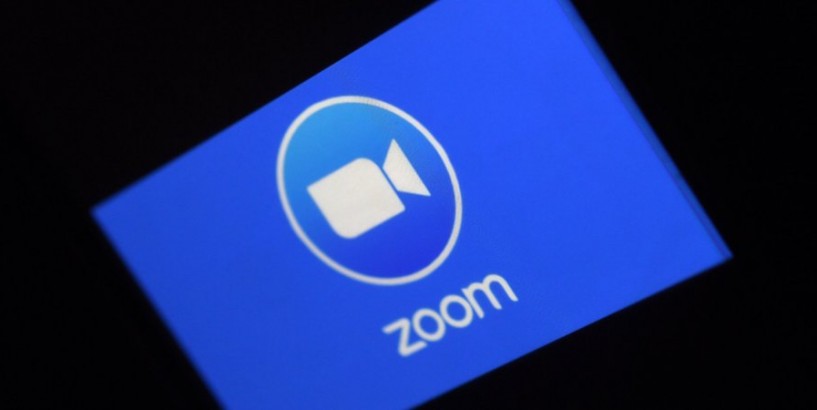This is a story about an interview with the CEO of Zoom, Eric Yuan, and the challenges Zoom has faced over the last month or so.
You might find it interesting if you're a Zoom customer, or even if you're one of the millions of people who has only been introduced to Zoom in the past few weeks.
But if you're running a business -- truly, any business in any almost industry -- you'll want to pay very close attention to the key takeaway.
It's about runaway, exponential growth--and why that's not always a good thing.
From 10 million to 200 million users Launched in 2011, Zoom has enjoyed popularity as a seamless video conferencing service, mostly for businesses. It normally has about 10 million free and paid daily users.
During the last month or so, as a result of the Covid-19 pandemic, Zoom has become ubiquitous. More than 200 million people used Zoom daily during March, according to a company blog post .
Most of the new users are on Zoom for free--schools, local communities, and even friends hosting virtual happy hours.
With that massive growth came scrutiny and significant privacy concerns. Some of my colleagues here at Inc.com have done a great job of chronicling it all (like here , here , here and here ).
But for brevity's sake, let's just say that if the FBI issues a security warning about your company , or a phrase like "Zoombombing" enters the shared lexicon, that's probably not a good thing.
'Hopefully we can go back' Against all this, Yuan's interview with the Wall Street Journal Saturday, and his earlier blog post last week, are fascinating.
He expresses regret about the security vulnerabilities ("I really messed up"), and says he's barely sleeping at night.
But there's also a sense that Yuan, as the Journal put it, "is paying the price for well-meaning decisions he made early during the coronavirus crisis" -- things like opening the platform for free to medical professionals, and lifting the normal 40-minute time limit for the free version of Zoom for many schools.
While the interview makes clear that Yuan doesn't express any regrets, it adds, "[a]t this point, Zoom's mass popularity is something Mr. Yuan suggests he would rather not have had."
In fact, Yuan basically says so himself:
"Hopefully we can go back to business customers after this. But the good news--if we can learn the hard lessons and become better and stronger and we can win users back, in one or two or three years, it may have been worth it. ... But the journey is so painful."
Who are your customers? I'm rooting for Zoom here, even as I know there are many alternatives .
But the unchecked growth is the lesson. I f you're running a business, Zoom's experience presents a good opportunity to think through the key questions to ask yourself if see an opportunity to grow quickly. For example:
1. Are the new customers really the customers that I want?
Zoom added 190 million free users, with no indication that most of them will become paid customers. That can happen in any business--even if the scale is vastly different.
A classic example: A business offers a special discount or free offer, but finds that the people who take advantage of it aren't likely to ever become loyal, regular customers.
2. Is my infrastructure set up to service all these new users?
As Yuan put it in his blog post: "We now have a much broader set of users who are utilizing our product in a myriad of unexpected ways, presenting us with challenges we did not anticipate..."
Remember to define infrastructure broadly. A flower shop or restaurant that suddenly adds 1,000 new customers has to ask: Can we get the supplies and drivers we need to service them?
3. Will I be distracted from my real customers?
This is Zoom's key problem now. From Yuan's blog post: "Over the next 90 days, we are ... [e]nacting a feature freeze ... and shifting all our engineering resources to focus on our biggest trust, safety, and privacy issues."
That's laudable -- but it creates a big distraction from other things the company would rather do.
4. Is there some other benefit?
For Zoom, one benefit is that many more people now have some familiarity with the platform. Before these security concerns arose, the company got a big burst of good publicity.
There's also just the intangible benefit of doing something good for your community.
The key takeaway for business leaders in any industry, however, is just to think it all through. Everyone makes mistakes. Sometimes things that look great don't work out.
But if you're going to make big moves and potentially add a ton of new customers fast, at least do it intentionally.
Published on: Apr 5, 2020 Like this column? Sign up to subscribe to email alerts and you'll never miss a post. The









